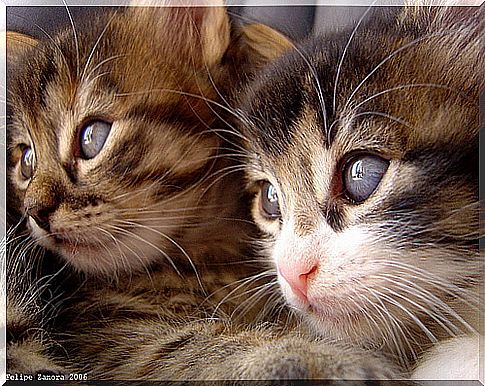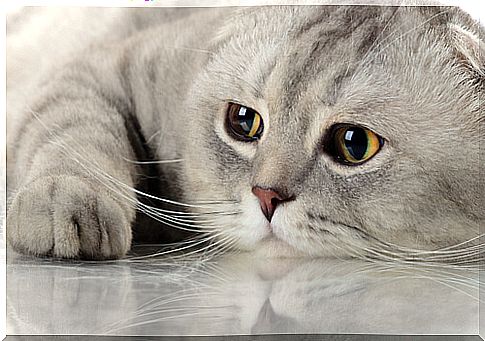Debunking Some Myths About Cats

We all have someone we know who doesn’t like cats. However, there are people who have a phobia of these animals, based mainly on myths about cats that do not have many foundations. Let’s see some of them!
It is true that everyone has the right not to like something. What is not fair is to disqualify an animal or its keepers for these preferences. The best thing about prejudice is information, so we will demolish some myths about kittens, so that, at least, you can have a more informed judgment.
They abandon their masters at the slightest opportunity
It is common to hear that cats “go away” and leave their caretakers. However, the reality about this is much more cruel than a simple wish of the animal, and it can be due to several reasons.
Compared to dogs, cats are more likely to explore the space around them independently, but can sometimes become disoriented and get lost or have accidents on their excursions. So if your cat hasn’t come home after a day or two, look for it! You may not have been able to find your way home, you may be scared, or you may find yourself hurt.

The second reason may be because the cat is being poorly fed, feels abused, or has found a better food source. Still, many of the cats’ excursions are due to their foraging. In fact, the fact that he brings you animals that he has hunted means that your cat thinks that you cannot fend for yourself and is trying to feed you.
They are not interested if their caregiver arrives or leaves
This is not entirely true. Although cats are not very aware of the departures and arrivals of their caregiver, they do identify them and sometimes greet them. The most normal situation is for the cat to greet the keeper when he comes back from an excursion, either by rubbing against him, meowing or even licking him.
Cats have been shown to react to their caregiver’s voice, either by moving their ears or head, but because they are not obsessively dependent on us, as is the case with dogs, ways to demonstrate are often interpreted cat affection as disinterest.
They are not affectionate
One of the most widespread myths about cats is that they are not affectionate. On the contrary! Cats can be very affectionate. We just have to keep in mind that their way of showing affection is somewhat different.
For example, cats tend to like places where you spend a lot of time sitting or lying down, like your bed or your favorite chair. This is because these places smell like you and he feels comfortable or safe around that smell.
They tend to really enjoy the company of their caregiver as long as he respects their space. The cat will seek affection whenever it wants and will give it when it deems it necessary. Understanding the space and emotional needs of felines is essential to have a good relationship with them.
Another way to show affection on the part of the cat is by grooming the caregiver, that is, licking it. If a cat licks you, it means that it considers you on an equal footing, respects and appreciates you, because they would never have this kind of contact with an animal that they consider is not up to par.
Likewise, if a cat lets you touch it or falls asleep near you, it means that it trusts you. Otherwise it will not allow you to get close, it will keep a distance and it will remain alert.

They are aggressive and bite
The bite in cats has many senses, and they do not only correspond to aggressions. For example, a brief bite can mean dominance, it is trying to demonstrate superiority over you and commonly they do it over animals that they consider to be in the same or lower rank of hierarchy.
They also do it as “love bites”, usually when you are stroking or playing. It is due to an over stimulation of their system, as they would with other cats during play or mating.
Another reason why they bite is when they no longer want caresses: the cat will tell you when it wants you to caress it and will also indicate, by biting, the duration of these sessions.
What do you think of these myths about cats? Surely you now think differently!
Image courtesy of Felipe Zamora.








